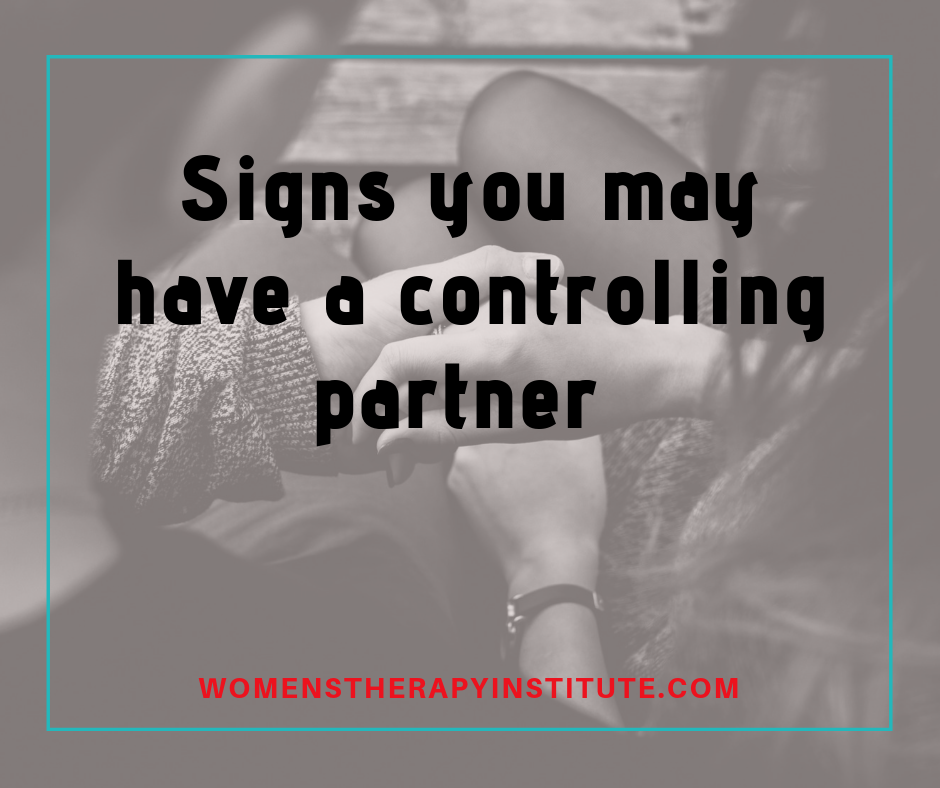
Signs you may have a controlling partner
Toxic relationships can sneak up on anyone. You might enter a relationship thinking your partner is one way and later find out he/she/they have a different side of them you had yet to really see. They could be controlling.
Having a controlling partner is dangerous and unhealthy. Sometimes, especially when love is involved, it can be hard to see the signs.
Here are some signs of a controlling partner that you should watch out for:
1.) They want to isolate you from your friends or family — they make you feel guilty for going out with friends or constantly complain about you speaking or interacting with family.
2.) They are chronically criticizing you— they are always making you feel bad about yourself by picking at every little thing you do, how you act, things you wear, etc.
3.) Making threats — threats don’t have to be violence-related, those are clear red flags that you should get away. Threats can also include revoking privileges, taking financial access away or getting in the way of time with children, etc.
4.) Making love, affection, caring conditional — it is definitely not healthy for a partner to be saying things like, “we can cuddle tonight if you do the dishes.” Or, “make partner at work and I will really love you.”
5.) Keeping score— if your partner is constantly keeping track of the things you have done wrong, that is not a healthy sign.
6.) Does not trust you — your partner is spying on you, reading messages on your phone, following you when you go places, or asking for constant updates on your whereabouts
7.) Not respecting your needs — your partner isn’t allowing you to have alone time, get your hair done, get exercise, whatever it is you need
8.) Jealously — he/she/they is easily made jealous over little things, such as that conversation you had with a coworker, a phone call with a friend, a chance meeting with a neighbor, etc.
These are just some of the signs that you should look out for if you are concerned your partner may be controlling. It may also be helpful to speak to a licensed mental health professional to assess the situation and determine the best course of action. If you ever feel like you are in an unsafe situation, call the National Domestic Violence Hotline at 1-800-799-7233 for help.
